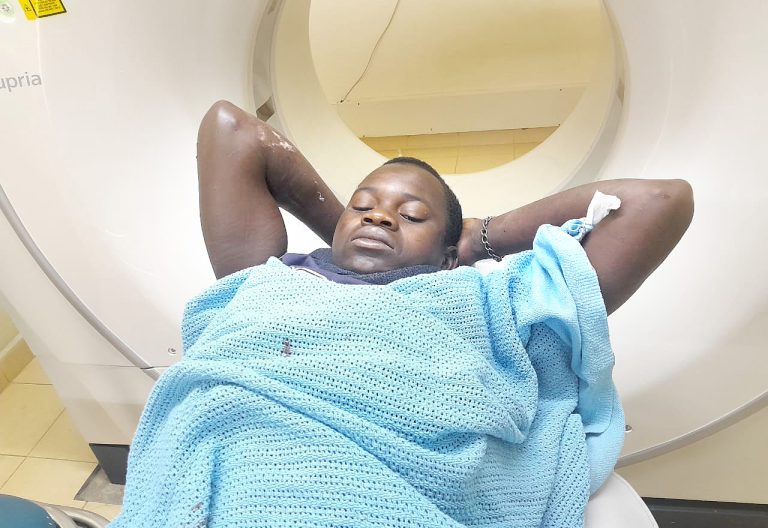Let us support needy children with heart ailments
By James Nyamongo, August 24, 2023When Nelson Mandela said there can be no keener revelation of a society’s soul than the way in which it treats its children, he was underlining the central role children occupy in a nation’s shared prosperity.
Children are not only our society’s most treasured resource, but they are also the ones who will actualise our plans, hopes and dreams. Our children’s health, especially those with heart problems, should, therefore, be our number one priority for all of us as we work towards building a progressive, responsive and sustainable healthcare system.
According to World Health Organisation, over 5,000 children require congenital heart surgery in Kenya each year and the number who do not receive these interventions is worrying. The incidence of congenital heart disease ranges from 19 to 75 per 1,000 live births. It is also the leading cause of birth defects and the second leading cause of death in the first year of life after infectious diseases.
On an annual basis, Kenya performs between 120 and 150 congenital open-heart operations whereas 50 to 100 additional patients receive treatment outside the country, most of whom are self-funded causing considerable financial drain on these families. This does not include those with rheumatic heart disease, which accounts for a significant workload in Kenya and sub-Saharan Africa.
This aligns to WHO’s estimate that the vast majority of congenital heart disease patients receive suboptimal or no care at all. The number of procedures performed by the local team has remained desperately low for several years despite no shortage of patients. As Nairobi Hospital, we believe this trend can be reversed and managed locally with proper institutional and policy interventions in our healthcare system.
This is why the hospital has put in place a charity arm that offers free heart operations for needy children aged between 0 and 12 years with congenital heart conditions. Over the years, this initiative has benefitted more than 380 children from humble backgrounds because we believe in offering our patients the best care using advanced technology in an atmosphere of trust, safety and comfort.
Medical experts confirm that heart operations are by all means expensive and the costs involved are beyond the ability of the average Kenyan family. The cost of heart surgery and post-surgery ranges between Sh550,000 to Sh800,000 depending on the complexity of the heart condition and this excludes the doctors’ fees.
Therefore, as a premier medical facility in East and Central Africa, we have decided to not only strengthen our technical capacity, but also mobilise other corporates to be a part of this charity drive to benefit children from low-income families have cardiac surgeries. In this regard, we recently acquired and installed a fully-fledged state-of-the-art Biplane Cath Lab for cardio, neuro and vascular treatment services, the first such facility in East and Central Africa.
With the goal of ensuring that more poor children benefit, the hospital has this year partnered with corporates and other well-wishers to raise funds to cater for treatment of 20 children with heart complications. Some of the corporates that are taking part in this charity effort include Generics Africa, Sciencescope, NCBA Bank, Crown Healthcare, Smart Applications, Surgipharm, Bio-quest Ltd, among others. The annual charity drive has been running for two years now and a bigger one has been planned for next year to support more children.
Indeed, giving these little hearts big dreams which is the theme of our heart charity, we will have significantly enabled them to play a productive role in national development.
Let us support our children with heart problems by transforming Kenya into a preferred destination for heart treatment in Africa.
— The writer is the chief executive, The Nairobi Hospital
More Articles

